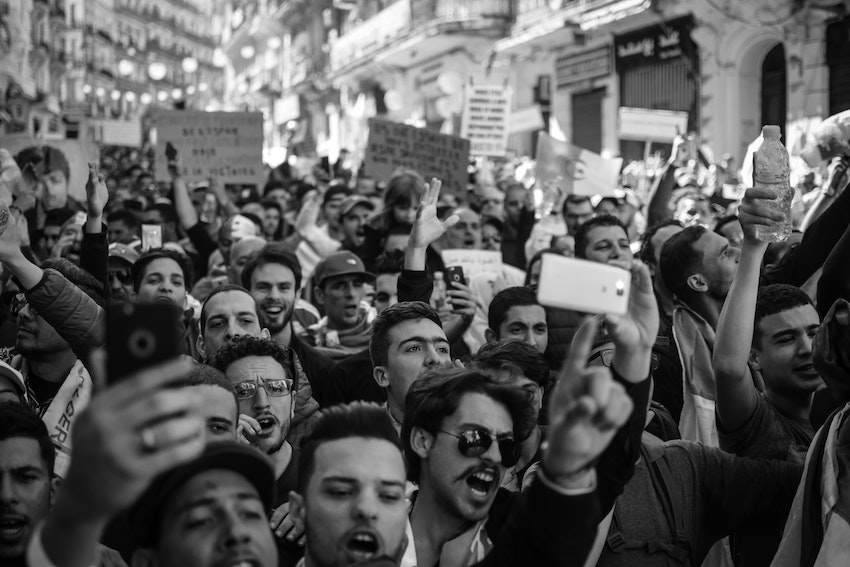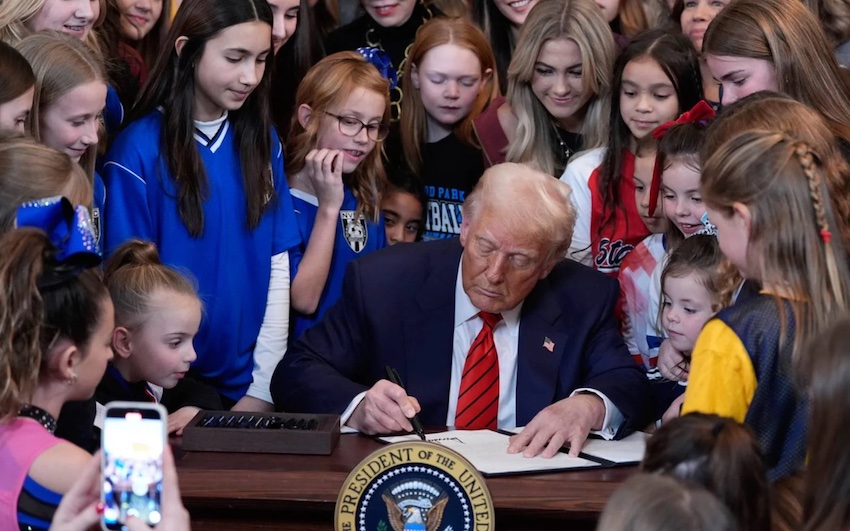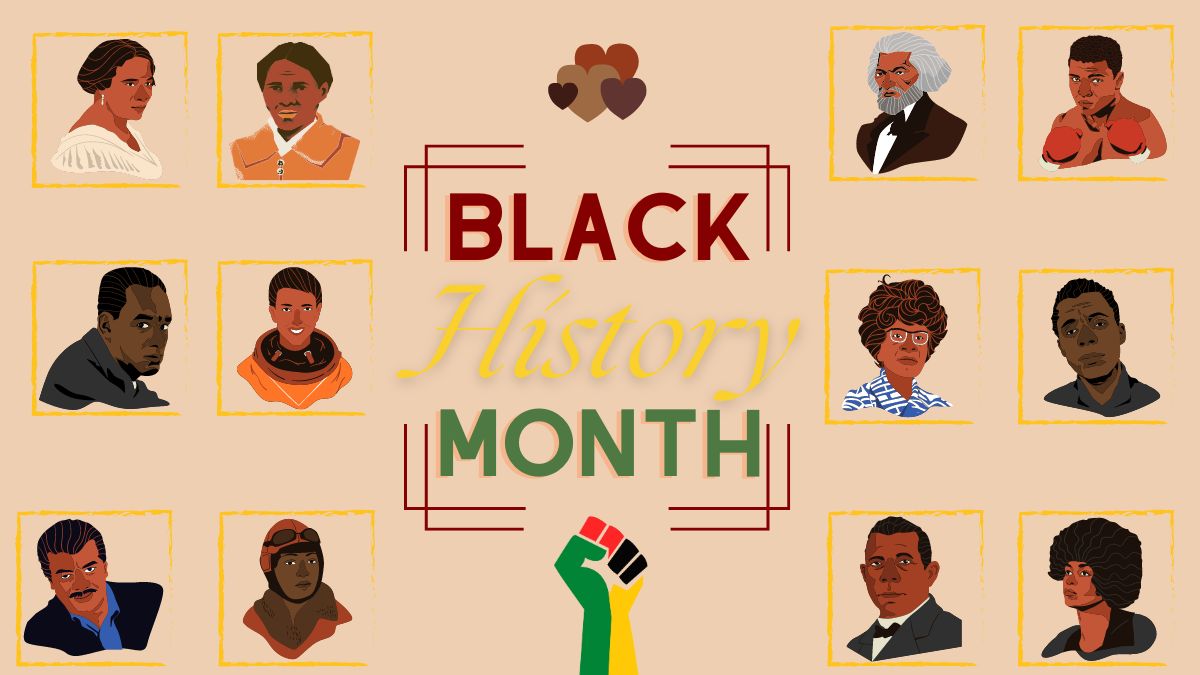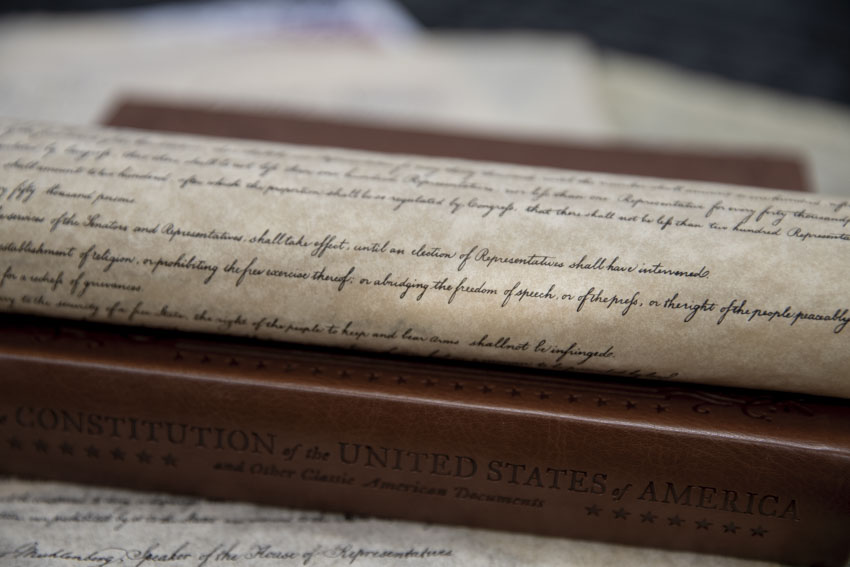Supreme Court case to determine how accountable students are held for words

If events of the past year point to one common lesson, it would have to be the tremendous gravity of words. Riots have been started, apps shut down and people have been killed solely over the power of speech.
Given the often destructive power of speech, it follows that certain words are restricted, even in the light of the American ideal of free speech. Language like slander, perjury, obscenity threats and calls to violence are punishable under law.
But how do we deal with speech that, while harmful and insulting, is not illegal? A recent news story highlights this issue.
Brandi Levy was a sophomore in Pennsylvania when she heard she did not make her varsity cheer team again. She vented her frustration on Snapchat in post insulting the cheer team, softball and her school.
Unfortunately for Levy, the post spread beyond her friends. When it reached her cheer coach, school administration decided to suspend her from the team.
The plot thickens when Levy’s parents took the school to court, arguing that schools do not have the ability to punish students for off-campus speech. Four years later, the Supreme court is hearing her case.
Brandi Levy, 14, was having that kind of day where she just wanted to scream. So she did, in a profanity-laced posting on Snapchat that has, improbably, ended up before the Supreme Court in the most significant case on student speech in more than 50 years. https://t.co/VDUrpdfi8f
— WNDU (@WNDU) April 27, 2021
Under Tinker v. Des Moines, high school students have a right to free expression, and schools can only punish words that actively disrupt campus learning. But school in the 1960s took place in a defined, physical location. Today, and more so during the pandemic, school is a mix of classroom learning, off-campus events and online interaction.
The issue high schoolers like Levy run into is that speech which would formerly have been shared in private circles, like conversation, phone calls, even texting, are now shared on social media. And regardless of privacy features like vanishing stories or private accounts, all forms of social media are fundamentally public platforms.
If a student is willing to publish something (which is what social media does), they should understand how they might be held accountable for it. In the case of Fresno Christian, every student has signed an agreement to abide by the student handbook.
The story of Brandi Levy teaches several lessons about how the concept of student expression has changed. Here are a few tips for wise use of language:
- Social media privacy/anonymity is an illusion
- Don’t use public platforms to vent frustration
- Understand conduct expectations for jobs, responsibilities
For more articles, read COLUMN: L.E.A.D. via answer and Book Review: The Whistling Season.








Jakob Rieker • May 14, 2021 at 10:09 am
Wow this is an eye opening article. Nice Job Feather for writing this.